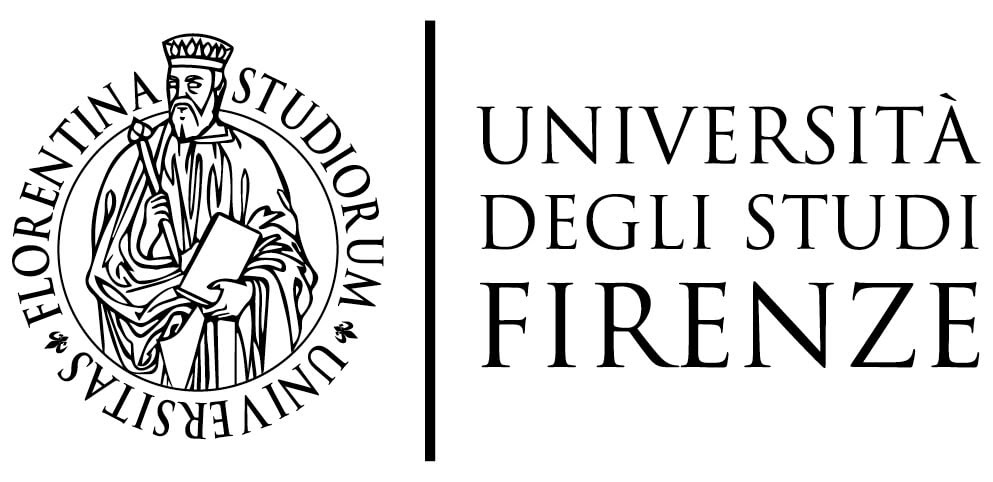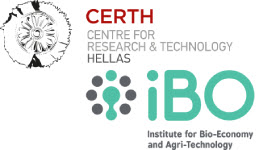Newsletter #2 – EN


Bridging the gap in bioeconomy training in the agriculture sector: the latest results from the RELIEF project
Report on the bioeconomy education landscape published
The bioeconomy encompasses the sustainable production, utilisation, conservation and regeneration of biological resources in all economic sectors. It is a complex and interdisciplinary field, driven by important social and economic changes, including the green transition and digitalisation. The future of the bioeconomy largely depends on how education and training adapt to the expanding knowledge and multidisciplinary nature of the field.
In line with this vision, the RELIEF project conducted an Analysis of Bioeconomy Training in the Agricultural Sector, presented in a report that provides a broad overview of education and training in the bioeconomy in the European Union. Our research approach incorporates diverse data sources and input from multiple stakeholders, resulting in four key sections that shape the report.
RELIEF training programme for bioeconomy experts: structure defined
RELIEF partners have formulated comprehensive course structures designed to train experts in the field of bioeconomy within the agricultural sector. These structures are thoroughly outlined in the “RELIEF Curriculum” document (Deliverable 2.2). The document not only elaborates on the process leading to the definition of these two curricula but also provides a detailed description of the contents within each Module and the individual Learning Units (LU) that comprise them. These descriptions encompass the subjects covered, duration, corresponding ECTS credits, EQF level, learning outcomes, teaching methodologies, and assessment methods.
- The RELIEF course for Higher Education Institution consists of 5 Modules, 4 dedicated to the bioeconomy and one to horizontal skills development. Each module is made up of 4 Learning Units (LU), corresponding to 3 ECTS.
- The RELIEF VET course mirrors the university course structure, but adopts a VET approach. It is made up of 5 Modules, each consisting of 4 LU; 4 modules dedicated to topics related to the bioeconomy, 1 module dedicated to horizontal skills. Each LU is equivalent here to 1 ECTS.
These curricula will equip students with the essential knowledge and skills needed to navigate the dynamic field of the bioeconomy in agriculture.
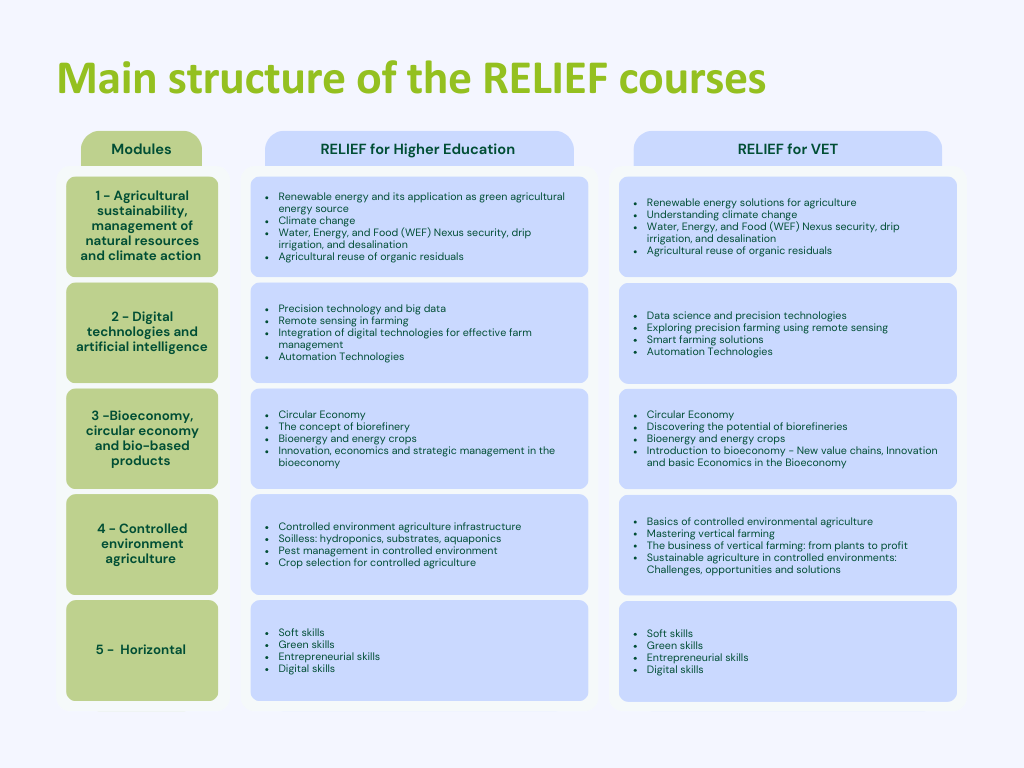
The partners are now engaged in developing the training material, training methodology and evaluation based on the structure presented in this document.
RELIEF is now member of the Rural Bioeconomy Alliance!
RELIEF, along with a cluster EU-funded projects, is a promoter and member of the Rural Bioeconomy Alliance (RBA), a new initiative launched to support knowledge exchange and adoption of bioeconomy principles in the rural sector.
The RBA is a network of projects that share a common vision: to foster sustainable growth in rural areas through the bioeconomy. The RBA is a network of projects that share a common vision: to foster sustainable growth in rural areas through the bioeconomy. RELIEF is part of the RBA together with BioRural, MainstreamBIO, P2Green, RuralBioUp, SCALE-UP, COOPID, BioModel4Regions, ShapingBio, CEE2ACT and ROBIN.
Follow the RBA on LinkedIn: https://www.linkedin.com/company/rural-bioeconomy-alliance-rba/
RELIEF’s objectives and activities in a nutshell
The RELIEF video presentation is online!
Visit The Website
Contact us
Partnership
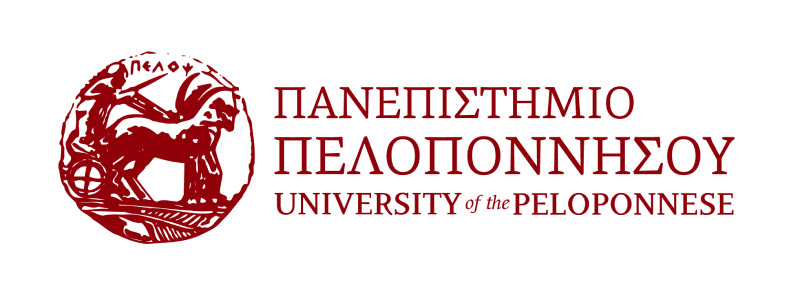
Coordinator UOP – University of Peloponnese (Greece)
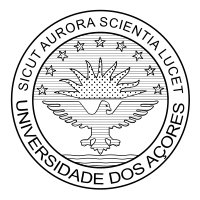
UAc – University of Azores (Portugal)
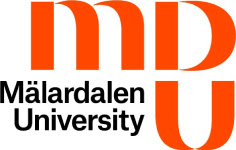
MDU – Malardalens Universitet (Sweeden)

CESIE (Italy)

SwIdeas (Sweeden)
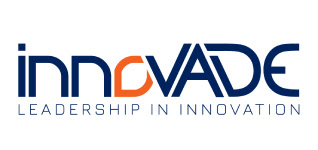
Innovade LI (Cyprus)
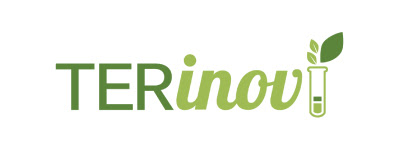
Terinov (Portugal)

ReadLab P.C. (Greece)

Dream (Italy)
About Relief
Relief is co-funded by the Erasmus+ Programme, Partnership for Innovation, Alliances for Education and Enterprises.
Date of project: 01/06/2022 – 31/05/2025
Project Number: 101056181

Funded by the European Union. Views and opinions expressed are however those of the author(s) only and do not necessarily reflect those of the European Union or the European Education and Culture Executive Agency (EACEA). Neither the European Union nor EACEA can be held responsible for them.
This work is licensed under Attribution-

